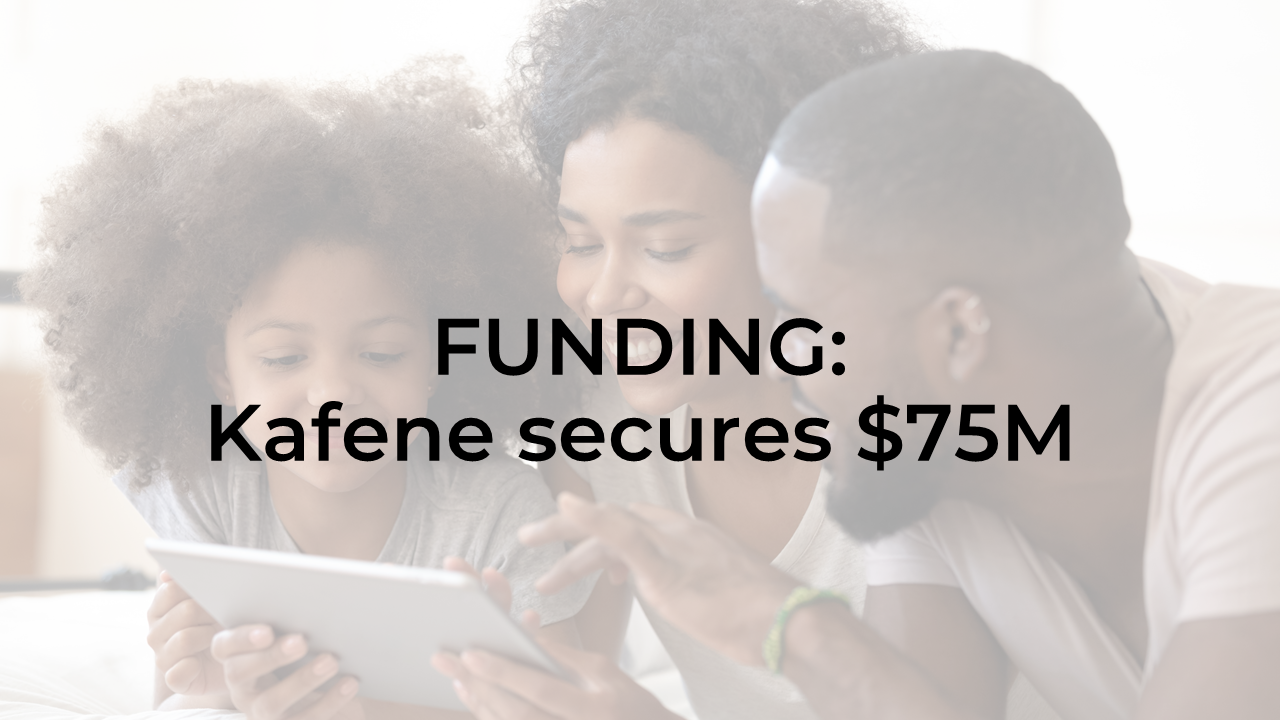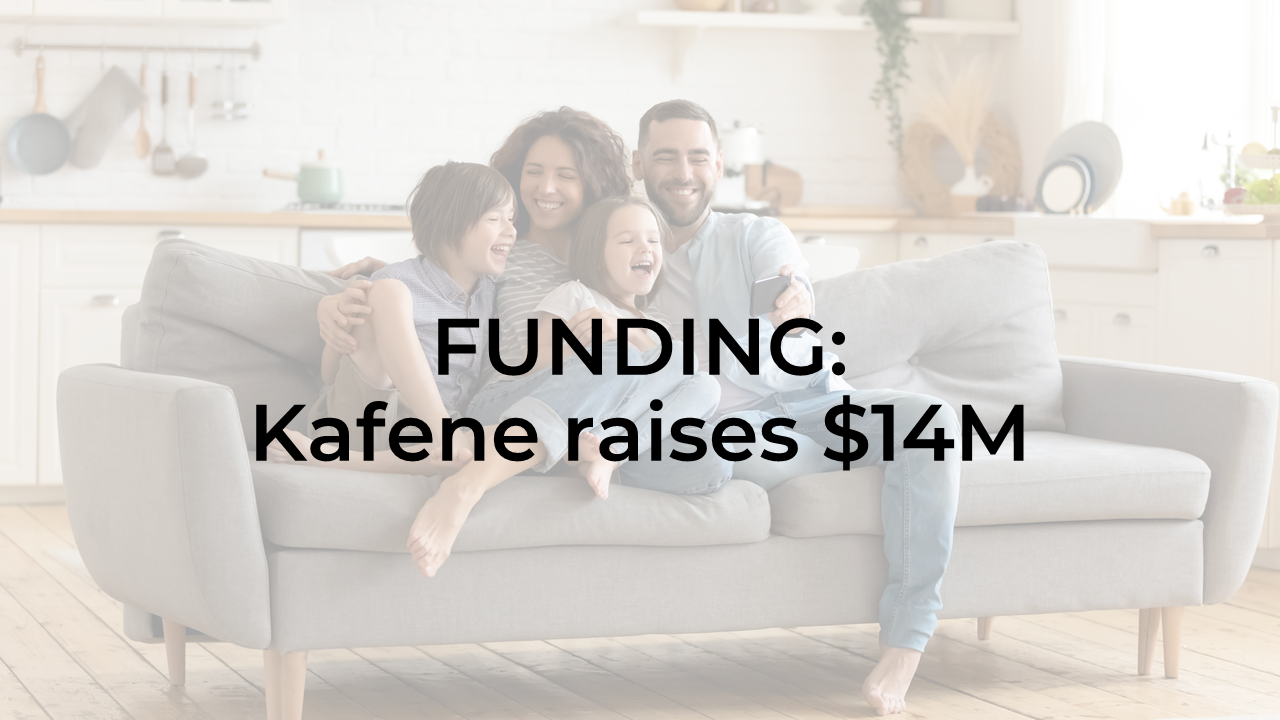We're reiterating our support for more transparency and increasingly customer-friendly financing terms.

Since its inception in July of 2019, Kafene has been a vocal proponent of greater transparency and flexibility in the exploding point-of-sale financing market. The decision from CFPB Director Rohit Chopra to formally review the BNPL practices from Affirm, Afterpay, Klarna, Paypal and Zip validates Kafene’s approach.
The CFPB has three main areas of concern :
- Accumulating debt for consumers
- Regulatory arbitrage
- Data harvesting
This article will focus on debt accumulation, and will be the first in a 3-part series that addresses each area of concern.
The popularity of BNPL is clear; its impact is less so and is full of nuance. Broadly speaking, we can think about the demand for BNPL as being divided into 3 groups: the highly qualified prime segment (FICO 720+) that could put the purchase on a credit card or pay in cash, the credit averse segment that chooses not to open a credit card but would likely qualify for one (many millennials), and the lower income population that does not have enough access to credit at all.
Kafene is confident that the CFPB will find that the impact of BNPL on the prime segment is more or less negligible. This group tends to use BNPL out of convenience, and the increased debt load, if any, is more than affordable, especially within the context of total debt utilization. The second group, the credit averse, will be measured as using the BNPL offering more than traditional credit, but also has sufficient ability to pay, given higher savings rates and an overall lower debt load.
But BNPL for the lower-income, credit-constrained population, which is over 100 million people in the US, is a ticking time bomb. Many of these customers will be approved at least once by all of the above financing providers because the underwriting models are geared toward fraud risk, not affordability. The majority of BNPL providers openly disclose that they will approve almost anyone with the knowledge that a high percentage of the first-time users will default, with repeat users driving profitability. While the business model may be economically sound for BNPL providers, consumers who cannot afford the product end up with higher debt loads and worse credit. BNPL is debt, and it can create a downward spiral for lower-income consumers.
Given that Kafene’s mission today is to provide credit access specifically to the segment of the population that is least able to afford it, Kafene has explicitly avoided using debt. Our offering combines the best features of BNPL point-of-sale distribution, with none of the compounding debt spiral. The unfortunate reality is that not all of our consumers will be able to make their payments either, but the difference is that we offer flexibility, accept the returns, and take the loss when necessary. Return flexibility for the consumer means there is never residual debt; when our customers have hardship, they can simply return the goods and walk away. Additionally, our unique lease-to-own infrastructure provides consumers with the ability to build credit, while also offering a lower total cost of ownership compared to credit cards.
All of these consumer-friendly terms are no barrier to running an effective business though. Kafene consistently returns strong unit economics.
We applaud the CFPB in taking the first step towards investigating the appropriateness of BNPL and the potential impact of additional debt loads on all consumers, especially the most vulnerable. Here at Kafene, we are proud to accelerate into 2022 with our differentiated and flexible financing alternative to debt.
Read the article here.


